- News
- Reviews
- Bikes
- Accessories
- Accessories - misc
- Computer mounts
- Bags
- Bar ends
- Bike bags & cases
- Bottle cages
- Bottles
- Cameras
- Car racks
- Child seats
- Computers
- Glasses
- GPS units
- Helmets
- Lights - front
- Lights - rear
- Lights - sets
- Locks
- Mirrors
- Mudguards
- Racks
- Pumps & CO2 inflators
- Puncture kits
- Reflectives
- Smart watches
- Stands and racks
- Trailers
- Clothing
- Components
- Bar tape & grips
- Bottom brackets
- Brake & gear cables
- Brake & STI levers
- Brake pads & spares
- Brakes
- Cassettes & freewheels
- Chains
- Chainsets & chainrings
- Derailleurs - front
- Derailleurs - rear
- Forks
- Gear levers & shifters
- Groupsets
- Handlebars & extensions
- Headsets
- Hubs
- Inner tubes
- Pedals
- Quick releases & skewers
- Saddles
- Seatposts
- Stems
- Wheels
- Tyres
- Health, fitness and nutrition
- Tools and workshop
- Miscellaneous
- Tubeless valves
- Buyers Guides
- Features
- Forum
- Recommends
- Podcast
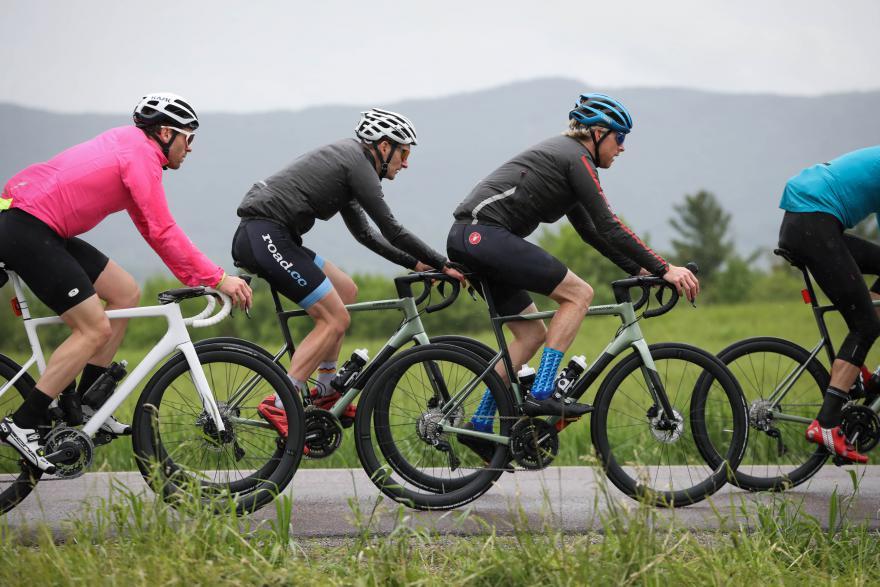 group riding pitfalls3
group riding pitfalls311 reasons why group rides suck and it's better to get out on your own
There are many benefits to riding in a group, as we outlined previously, but there are just as many pitfalls to be wary of.
Getting dropped
One of the biggest problems with riding with a group is being dropped because someone else is setting the pace. You might be partaking in an organised ride or a social event, the pace is heating up and your legs, well they just aren’t responding, the gap to the rider in front is opening and boom you're out the back on you own.
- Cycling survival: What to do when you get dropped — and how to avoid it
Somebody else setting the (high) pace
Unless you’re at the front of the group, you’re not in charge of the pace so you often have the choice of keeping up or getting dropped. Riding on your own lets you be in charge of the pace and you'll never get dropped.
You’re not a victim to being half-wheeled or those annoying people who insist on sprinting up every climb, or ride to a set power because their training plan insists on it. Nope, riding on your own means you’re in charge and nobody is going to force you to ride faster than you want to.
- 8 reasons to join a cycling club + how to find the right one for you
Getting covered in mud and road spray
Riding in a group of cyclists on wet and mud-covered roads without enough mudguards to go around. It's one of the reasons I stopped riding with my local club through the winter, I would return covered in mud because very few people want to ruin the clean lines of their bikes with mudguards!
Some clubs have enforced strict mudguard policies to address this anti-social behaviour. Turn up without mudguards and you’ll be forced to ride at the back if they even let you join in at all.
Crashes are more likely
Crashes are more likely to happen in a group unless they are very organised and there’s a shared trust that everyone is riding considerately. I’ve seen firsthand the penalty of riding behind an erratic ride and it’s not pretty at all.
You need great trust in the person ahead to not doing anything erratic like suddenly braking or weaving when you’re following them closely, as you do in a group ride to reap the benefits of riding as a large unit.
- 6 tips for riding in a group — how to be safe at peloton speeds
Annoying squeaks and rattles from other bikes
The only thing worse than your bike making an unwanted noise is another bike squeaking and rattling alongside you. You’re spinning along lovely country lanes listening to the sound of someone’s badly maintained bicycle ruining the ride.
You’re not in charge of the route
Often riding in a group means you have to ride where other people want to ride. Sometimes this can result in you discovering new roads, but it also means relying on other people and their navigation skills. When you ride on your own you can go where you want and be out as long as you want.
- GPS cycle route planning made easy - how to plan and follow a bike route
You can't stop when you want
Need to stop for a coffee and slab of cake on a cold winter ride? You can do that whenever you want on a solo ride, but riding in a group might not permit you such luxury. Even a quick pee stop can be out of the question.
More chance of punctures
The most annoying thing about riding in a group, especially at this time of year, is when someone punctures. Etiquette dictates that the whole group stops while the flat is fixed, but that can mean standing by the side of the road in the freezing cold/pouring rain whilst somebody struggles in vain to inflate a tyre with a pathetic mini pump.
On the flip-side, if you get a puncture and the group disappears up the road you’re left on your own to change the inner tube and then spending the remainder of the ride on your own.
- How to repair a punctured inner tube
Waiting for poorly prepared people
There’s always someone, everyone knows them, that is just poorly prepared. They turn up late to the group ride forcing everyone else to wait for them, they usually have some sort of mechanical issue due to a badly maintained bike, they forget a rain jacket, food or money for the tea stop, and expect everyone else to bail them out.
You have to make conversation
In a well-organised group you’re often paired up with people and that means you have to make conversation. That is one of the attractions of riding in a group, and it helps the miles pass by, but there are days when you’re tired and you just want to sit and spin along in silence.
And one of the beauties of cycling is that it gives you time to clear your head after a busy day in the office or escape home life for a few hours. It can also be a great way to think about stuff, a problem you’re trying to solve at work or you’re seeking inspiration for a new challenge. You can’t do all that if the person next to you is droning on endlessly about training plans and FTP tests.
They start without you
Group rides often start on the hour and if you miss it by a few minutes you might be riding on your own anyway. Nobody likes to hang around for the one person that is always late. But when you ride on your own you can set off whenever you like and in your own good time, you’re not beholden to someone else’s schedule. Cycling groups usually like to get out early too and if you’re not an early bird riding on your own is not only easier but often your only option anyway.
David worked on the road.cc tech team from 2012-2020. Previously he was editor of Bikemagic.com and before that staff writer at RCUK. He's a seasoned cyclist of all disciplines, from road to mountain biking, touring to cyclo-cross, he only wishes he had time to ride them all. He's mildly competitive, though he'll never admit it, and is a frequent road racer but is too lazy to do really well. He currently resides in the Cotswolds, and you can now find him over on his own YouTube channel David Arthur - Just Ride Bikes.
Latest Comments
- chrisonabike 6 min 9 sec ago
I agree she might have chosen a different cycle/clothing combo there. Still, if you're riding with a long coat - or indeed a skirt, or bell...
- wtjs 45 min 50 sec ago
no one cares enough to fix it...
- wtjs 54 min 24 sec ago
I won't be getting anything on Friday...
- I love my bike 2 hours 47 min ago
It's in the land of the sidewalk, for better or worse, that driving 'right of way' does exist. . . and many other things they can keep as well!
- IanGlasgow 3 hours 58 min ago
CHPT3 is in receivership. Their website replaced by this notice. https://chpt3.com/
- Paul J 4 hours 27 min ago
So Froome basically chickened out on actually trying against Contador?...
- Supervet 4 hours 45 min ago
I have started holding my breath for 5 x 30 seconds, that increases EPO, rebreathers not required....
- eburtthebike 4 hours 48 min ago
Not sure how popular. He just about hung on to his mayoral seat in the recent elections, frequently touted as a tory success.
- chrisonabike 5 hours 57 min ago
Generally agree but with caveat - we have over time achieved "road safety" at the expense of vulnerable road users (eg. their convenience, or...
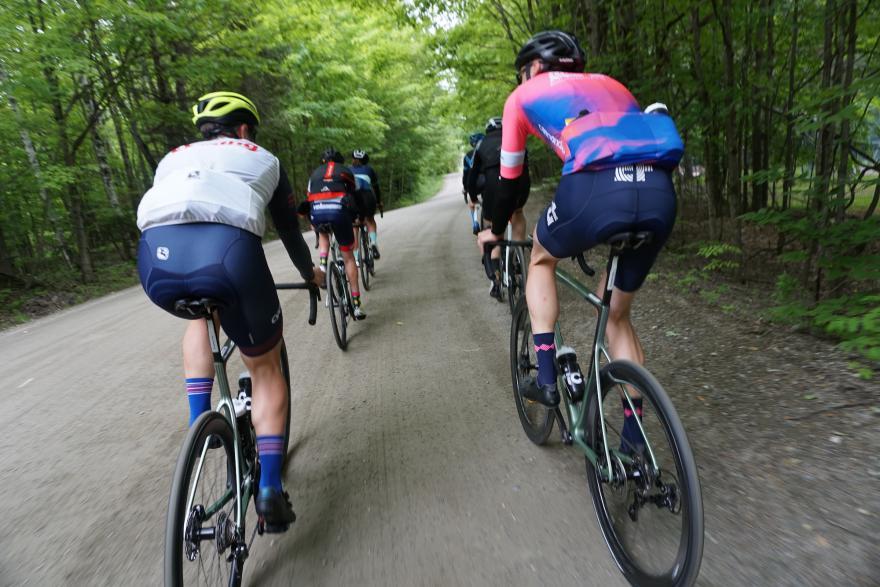
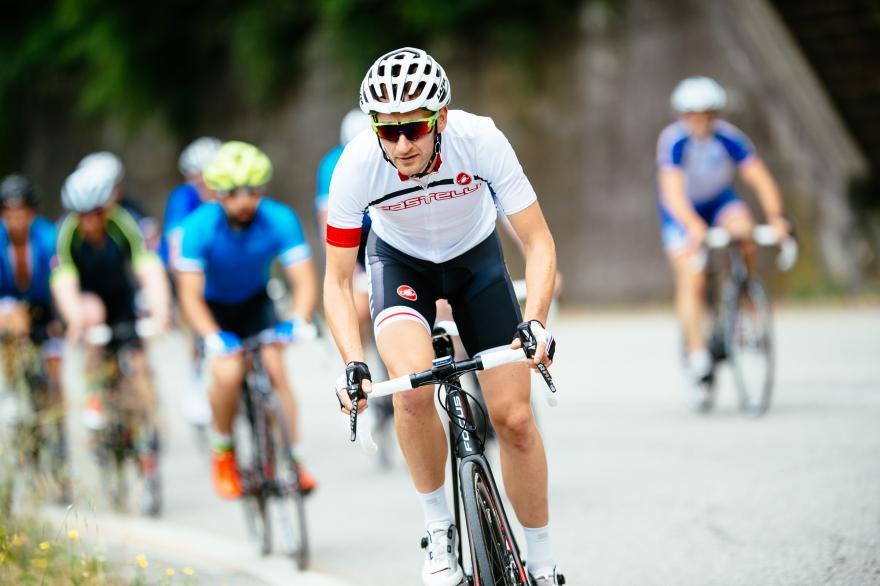

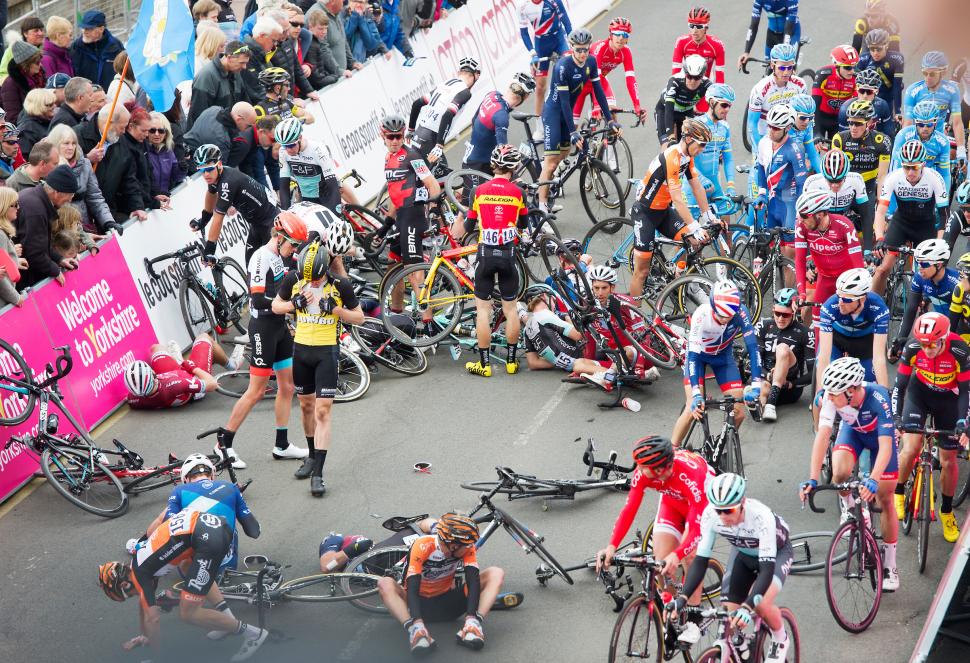
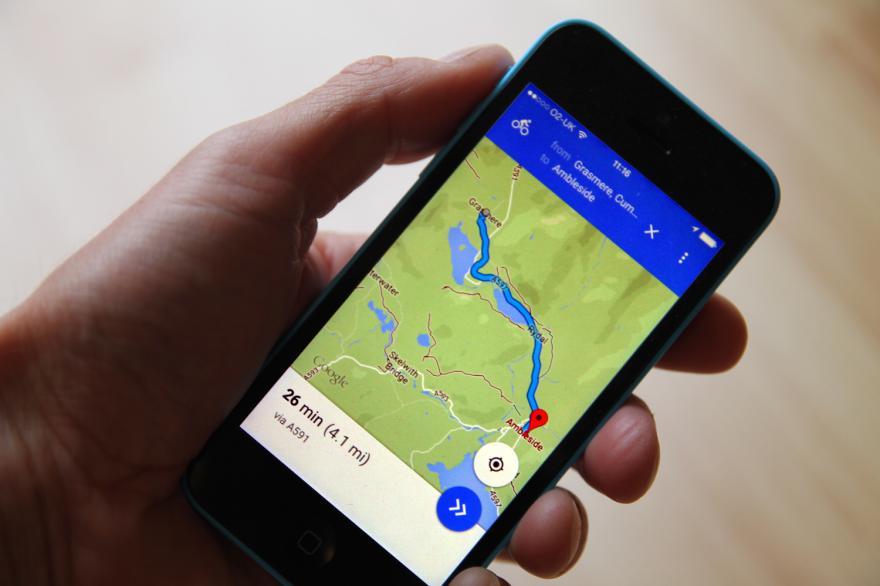
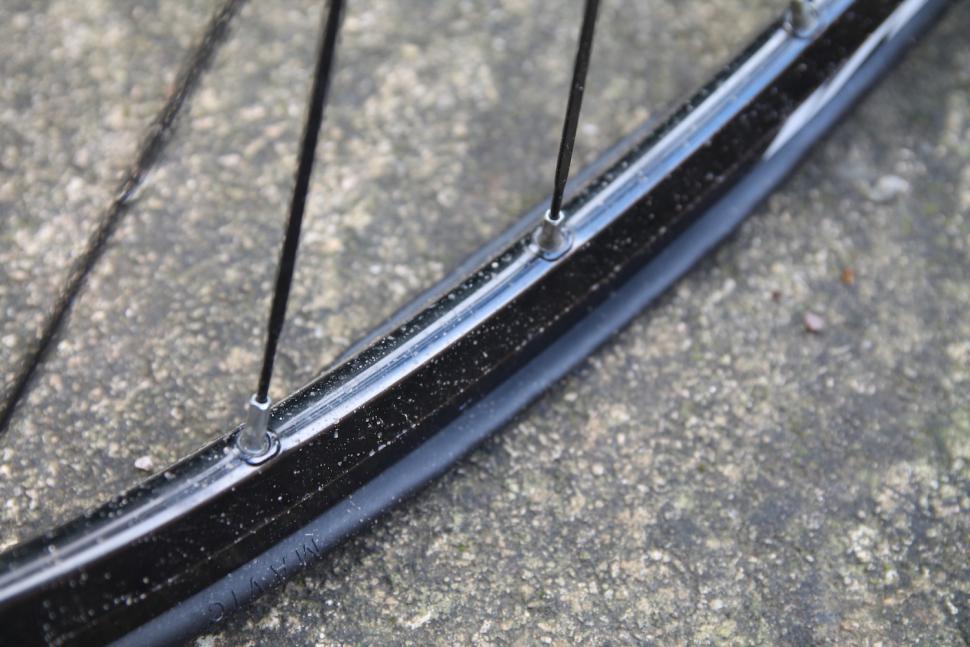
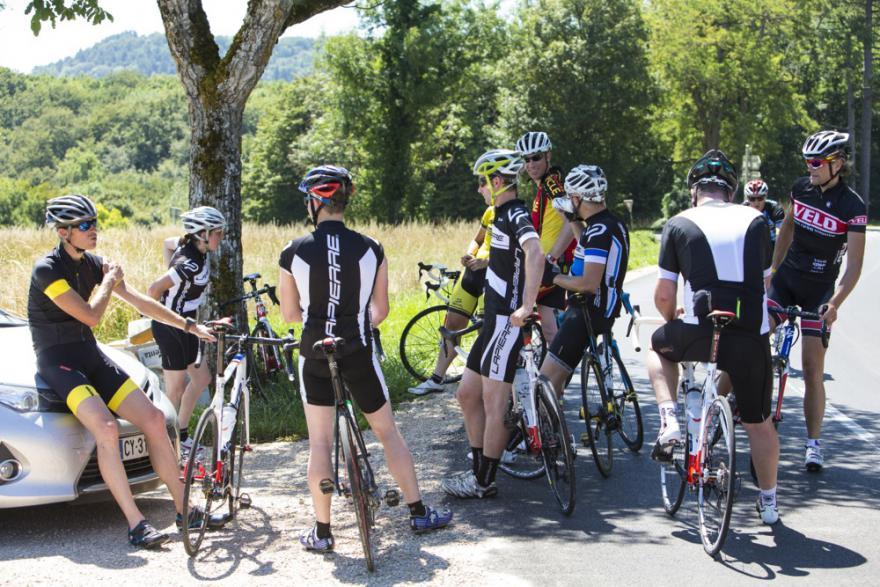
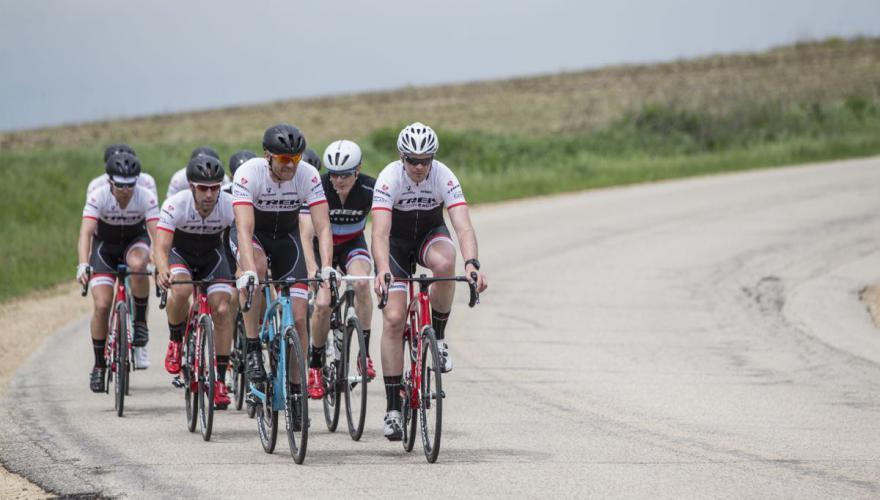
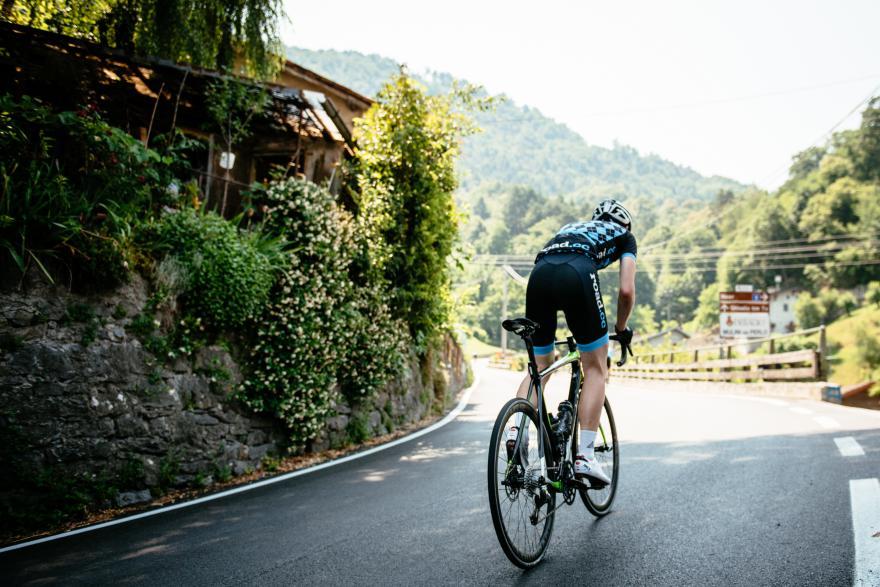
Add new comment
31 comments
.
'Nuanced and arguably pathetic'.
.
Not at all. Sounds like an excellent way to deal with the world as it is as opposed to how we might like it to be.
.
I call that good management.
.
Pages